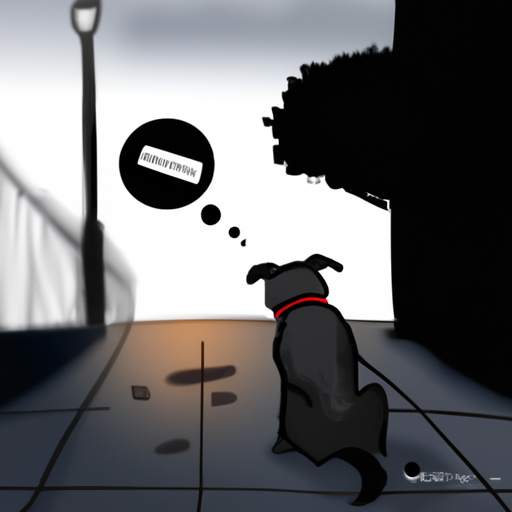Understanding the Causes
Abuse can stem from various factors and often, it’s a complex interplay of many elements. Here are some common reasons:
- Lack of Empathy: Some people simply lack the ability to empathize with animals.
- Ignorance: Many times, abuse arises from ignorance about the needs and rights of animals.
- Power and Control: Abuse can also be a way for individuals to exert power and control.
- Cultural Beliefs: In some cultures, animals are viewed as property, not sentient beings.
- Mental Health Issues: Sometimes, mental health problems can lead to animal abuse.
The Impact of Abuse on Dogs
Abusing dogs can lead to a series of negative consequences:
- Physical Trauma: This is the most direct result of abuse. It includes injuries and illnesses.
- Psychological Damage: Dogs that have been abused often show signs of anxiety, depression, and post-traumatic stress disorder.
- Behavioral Changes: Abused dogs are more likely to exhibit aggressive or fearful behavior.
Table: Common Signs of Abuse
| Signs of Abuse | Description |
|---|---|
| Physical Injuries | Unexplained injuries, wounds, limping |
| Behavioral Changes | Aggression, fear, anxiety |
| Neglect | Lack of food, water, or shelter |
| Poor Hygiene | Matted fur, skin conditions, extreme thinness |
Steps to Prevent Dog Abuse
As a caregiver, you can play a crucial role in preventing dog abuse:
- Educate Yourself and Others: Learn about the needs and rights of dogs and share this knowledge.
- Report Abuse: If you witness abuse, report it to your local animal control or police department.
- Support Local Shelters: These organizations often work to rescue and rehabilitate abused animals.
- Advocate for Stronger Laws: Encourage your representatives to support laws that protect animals from abuse.
Recognizing and Responding to Dog Abuse
Recognizing and responding to abuse is critical for preventing further harm. If you suspect a dog is being abused, document what you see and report it. Offer comfort and support to the dog if you can do so safely.
The Role of Society in Preventing Dog Abuse
Society as a whole can help prevent dog abuse. This can be achieved through education, stronger laws, and promoting a culture of empathy and respect for all beings.
FAQ
Q: What should I do if I suspect a dog is being abused?
A: Document what you see and report it to your local animal control or police department.
Q: What are the signs of dog abuse?
A: Signs can include physical injuries, behavioral changes, neglect, and poor hygiene.
Q: How can I help prevent dog abuse?
A: Educate yourself and others, report abuse, support local shelters, and advocate for stronger laws.
Q: Can dog abuse lead to psychological damage?
A: Yes, dogs that have been abused often show signs of anxiety, depression, and post-traumatic stress disorder.



